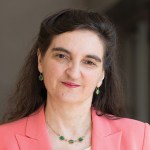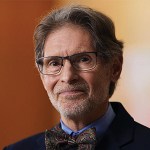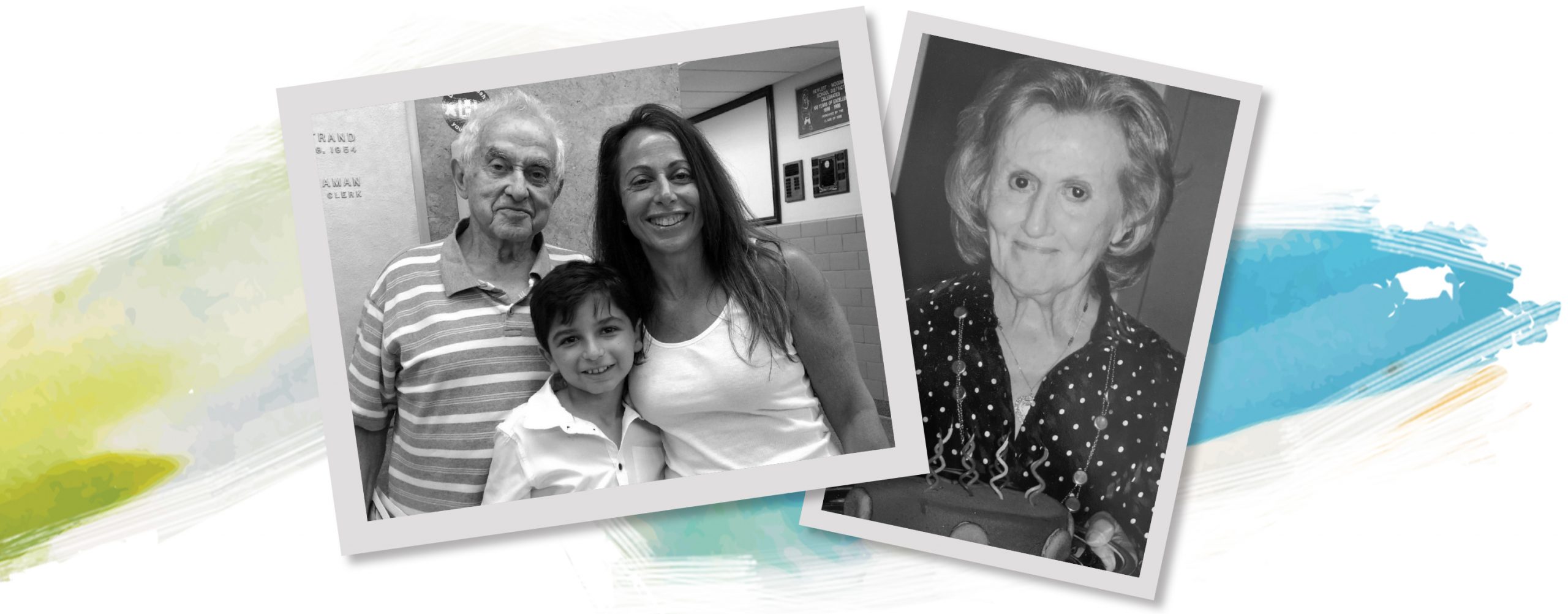After her husband’s death, 90-year-old “Sarah L.” of Washington Heights (details changed to protect the family’s privacy) moved to a new apartment to be closer to her children. Sadly, the combined loss of her spouse, home, and neighbors was too much to bear, leaving her depressed and confused. Worse yet, she struggled with nightmares about her childhood in Eastern Europe, where she was deported to Auschwitz, along with her four siblings, all of whom perished in Nazi concentration camps.
Sarah’s decline seemed unstoppable—until she connected with an unusual alliance of caregivers from Montefiore and Selfhelp Community Services, a local agency, bolstered by a philanthropic partnership with UJA-Federation of New York.
“It was heartbreaking,” says Alessandra Scalmati, M.D., Ph.D., associate director of geriatric psychiatry at Montefiore and associate professor of psychiatry and behavioral sciences at Einstein, who oversaw Sarah’s care. “But with her family’s assistance, we got her started on antidepressants and psychotherapy, and arranged for in-home care. After a while, her nightmares and other symptoms began to ease.”
The caregiver alliance—dedicated to addressing the mental health of Holocaust survivors and their families—has provided help to hundreds of people like Sarah. “This is our last opportunity to ensure that the survivors can live out their years with dignity,” says Briana Hilfer, L.M.S.W., a planning executive with UJA-Federation of New York, the alliance’s founder and funder. “By providing this care, along with other critical support services, we can help survivors remain safely and comfortably in their homes, which is what most prefer.”
New York City’s 36,000 Holocaust survivors are an incredibly resilient group. They’ve endured the camps, built new lives in a foreign land, and lived well into old age. But their survival has exacted an emotional toll.
“Most Holocaust survivors have been able to cope with the lingering effects of their trauma,” says Gary Kennedy, M.D., director of geriatric psychiatry at Montefiore and professor of psychiatry and behavioral sciences at Einstein, who has been involved with the alliance since its inception. “But with aging, they tend to lose their natural filters to contain the horrors they experienced.”

If they remember being confined in the camps, that can rekindle nightmares and flashbacks.
— Dr. Alessandra Scalmati
Cognitive impairment affects about one in four individuals over age 85 and tends to make matters worse. “With dementia, people can get trapped in their early memories,” Dr. Scalmati says. “They might not remember what they had for breakfast, but they can usually recall every detail of their childhood. If they remember playing in the fields, fabulous. But if they remember being confined in the camps, that can rekindle nightmares and flashbacks and trigger other symptoms of post-traumatic stress disorder, increasing their vulnerability and risk of institutionalization.”
Further complicating matters, many survivors are reluctant to seek support. “Some don’t want to be at the mercy of strangers, while others fear being stigmatized by psychiatric care or being forced into a nursing home or hospital,” Dr. Scalmati adds.
In 2012, the United Jewish Appeal (UJA)—long a sponsor of programs for Holocaust survivors—realized that survivors were declining in number but that their needs, particularly their mental health concerns, were rising. To help address that problem, the UJA found an ideal partner in Montefiore, established more than a century ago to care for poor Jewish immigrants.
Today, Montefiore’s geriatricians are among a handful of specialists nationwide with expertise in aging and trauma. The third partner in the alliance is Selfhelp, the organization operating the oldest and largest support program for Holocaust survivors in North America.
“UJA, Selfhelp, and Montefiore’s collective goal is to ensure that Holocaust survivors are treated with the utmost dignity, compassion, and respect,” says Alisa Doctoroff, a member of the boards of trustees of Montefiore Medicine, Montefiore Health System, and Einstein, as well as a past president of UJA-Federation of New York.
“Montefiore and Einstein’s caregivers pay attention to all vulnerable people within their community, whether they are aging Holocaust survivors or members of often-overlooked or disadvantaged groups,” she says. “This mission makes Montefiore and Einstein the ideal partners to lead this work.”
The collaborative’s guiding philosophy—person-centered, trauma-informed (PCTI) care—recognizes the impact of violence and trauma and promotes people’s dignity, strength, and empowerment. While PCTI may sound dry in principle, it’s deeply humanistic in practice.

We can help them understand what is triggering their fears and assure them they are safe.
— Dr. Gary Kennedy
“You need to have extra sensitivity for people who have experienced trauma,” Dr. Kennedy says. “You cannot force people to address their issues. The challenge is to convey the message ‘If you want to talk, I want to listen.’ These patients are naturally cautious about new relationships and can come across as ‘difficult.’ Caregivers need to understand and respect this or they won’t be able to help. But once we earn the patients’ trust, we can help them understand what is triggering their fears and assure them they are safe.”
The program team also offers care to family members, who can feel the effects of a parent’s trauma. “We call this ‘vicarious traumatization,’ in which trauma passes from one generation to the next through a parent’s behaviors,” Dr. Kennedy says.
The COVID-19 pandemic has heightened the challenge of caring for Holocaust survivors. “Social isolation is hard on older people,” Dr. Scalmati says. “It can provoke memories of wartime, when survivors had to go into hiding or were separated from family.”
Adds Ms. Hilfer: “As the pandemic intensified, our partner agencies sprang into action. Social workers were in touch with their clients, some almost daily, when in the past clients would be in touch with social workers only a few times per month. These efforts were not only appreciated, but also crucial to boost mental health. These conversations are an opportunity to adopt telehealth techniques that will have lasting utility after the pandemic has passed.”

While caring for local Holocaust survivors is their primary goal, Drs. Kennedy and Scalmati also want to conduct training programs for Selfhelp’s staffers and caregivers and to share findings with the geriatrics and psychiatry community.
“In a decade or two, there will be no more Holocaust survivors,” Dr. Scalmati says. “But sadly, there is no shortage of people who need this specialized care. Having generous and devoted partners to support communities who need their help gives me hope for these people and for future generations.”
Mrs. Doctoroff has a similar vision. “My hope is that this program will not only improve the lives of Holocaust survivors but also inspire others to reach out to underserved and marginalized populations—and inspire motivated donors to support these efforts through their philanthropy.”